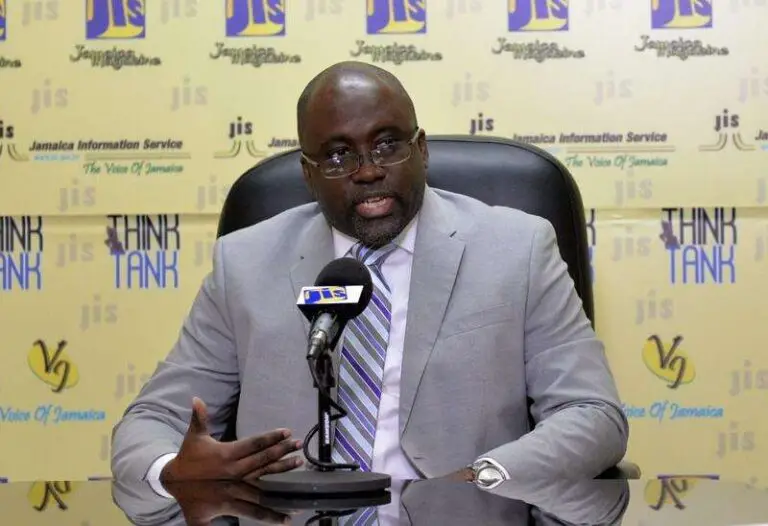KINGSTON, Jamaica — Jamaica’s next generation is stepping into a world where two battles collide: protecting fragile ecosystems and navigating an uneven digital landscape that determines who has access to power, opportunity, and influence.
At the center of this intersection is the question: how do young people secure the tools and knowledge to lead in a century where climate change and technology are rewriting the rules of survival?
The Weight on Young Shoulders
Across classrooms, youth groups, and community projects, students are already being thrust into the role of environmental guardians. They are the ones tasked with recycling initiatives, clean-up drives, and climate education campaigns. But education without access is an illusion. For every school in Kingston piloting sustainability programs, there’s another in rural parishes where young people can’t even log into the digital platforms that host environmental data.
A New Form of Inequality
The conversation around sustainability in Jamaica often focuses on rising sea levels, waste management, or deforestation. Yet a quieter crisis is unfolding: the digital divide. Those who can access real-time environmental information — zoning maps, water usage reports, climate projections — stand a better chance of influencing policy and protecting their communities. Those left offline are locked out of the debate altogether.
Institutions Under Pressure
The Access to Information Unit (AIU) has been attempting to change this equation by opening up channels for ordinary Jamaicans to request and use environmental information. Partnerships with schools, environmental agencies, and NGOs are designed to put students directly in contact with the data and practices that shape sustainability. But as Damian Cox, Senior Director at the AIU, warned during the Right to Know Week 2025 conference, the promise of digital transparency also brings hazards: misinformation, privacy concerns, and the risk of deepening inequality if access is not universal.
The Global Echo
Jamaica’s struggle mirrors global tensions. The same digital revolution that allows a student in Half-Way-Tree to publish a climate project online also exposes him to manipulated data or leaves his peers in rural Clarendon without access altogether. The United Nations has already warned that education for sustainable development will fail unless governments address these divides head-on.
Beyond Awareness: Toward Agency
What Jamaica’s youth need is more than environmental lectures — they need agency. The ability to pull official records, interpret them, and turn them into actionable strategies for their communities. Without that, “sustainability” risks becoming a hollow slogan.
As September 28 marks the International Day for Universal Access to Information, the challenge for Jamaica is clear: the right to know must evolve into the right to use. In a future where data is as valuable as land, the generation that masters both will decide the fate of the island.






